#hybrids
2024 Toyota Tacoma Hybrid Pricing and Specs Revealed
Toyota has released details on the Tacoma Hybrid, showing it will start at $47,795 as part of the TRD Sport trim. While that’s nearly $7,000 more than the gasoline variant of the TRD Sport, it does come equipped with the more powerful i-Force Max powertrain.
Report: Aston Martin Actually Won’t Be Going All Electric
Despite previously having vowed to offer an entirely electric lineup by 2030, Aston Martin has decided to continue selling internal-combustion vehicles beyond the next decade. Company chairman Lawrence Stroll now believes that there will always be demand for combustion engines. Apparently, customers had conveyed to Aston dealers that they still prefer traditional powertrains and want the sensations associated with gasoline-powered automobiles.
Porsche 911 Hybrid Confirmed for Summer Debut
For years, the possibility of a hybridized Porsche 911 has been the topic of much discussion among enthusiasts. Some said the move would spoil the recipe, suggesting the brand create an entirely new model for electrification like it did with the Taycan. Others believed the potential performance gains associated with hybridization were too lofty to ignore, often citing the legendary Porsche 918 as proof. Regardless of which camp you happen to occupy, Porsche is indeed building a hybrid 911 and has even confirmed its official debut for this summer.
General Motors Bringing Back Plug-in Hybrids
Despite previously having committed itself toward a future where it builds all-electric vehicles, General Motors has made plans to bring plug-in hybrids back to our market. That’s according to CEO Mary Barra, who announced on Tuesday that the automaker would be leaning on hybrid vehicles to help contend with increasingly strict emission regulations.
GM Dealers Want Hybrids Instead of More EVs
General Motors is pushing ahead with plans to become an electric automaker, but the road toward that goal hasn’t been the easiest so far. Cadillac and Buick dealers accepted buyouts in large numbers to avoid making investments to sell EVS, and now the automaker’s dealers are pushing it to develop more hybrids instead of releasing new electric models.
Abandoned History: The 2014 VIA VTRUX Pickup, a Forgotten Silverado
Drive Notes: 2024 Lexus NX 350h Luxury AWD
I am bringing back Drive Notes, a little mini-review of vehicles I had in my garage. We tried it last year and for reasons I don't recall moved away from it. Let's see how it goes this time around. Don't worry, a full review of most vehicles featured here will come later.
Up today: The 2024 Lexus NX 350h Luxury.
Honda Hybrid, Honestly: Electrified Civic Returning in 2024
Appealing to customers who’d like a dose of electrons with their new Civic – or, perhaps more likely, appeasing dealers whining about the existence of a Corolla Hybrid, the crew at Honda is rolling out an electrified variant of the popular Civic next year.
No Hybrid Ford Explorer or Lincoln Aviator for the 2024 Model Year
It looks like the Ford Explorer and Lincoln Aviator are dumping their hybrid trims for the 2024 model year. The Explorer SUV was previously offered with a hybridized 3.3-liter V6, whereas the Aviator Grand Touring came with a hybridized twin-turbo 3.0-liter V6. These powertrains won’t be available on the retail market anymore. However, there’s a chance PHEV variants of both models will return in 2025.
2023 Kia Sportage Hybrid EX Review – Urban Crossover, Right Price
You might remember that when yours truly flew to California last year to drive the 2023 Kia Sportage, I didn’t get to spend more than five minutes in the hybrid version. I spent most of my day in the X-Pro, which I was lukewarm about.
A full week with the hybrid showed me I was, indeed, missing out.
Toyota Allegedly Stressing Electrification Under New Leadership
With longtime CEO Akio Toyoda stepping down from Toyota Motor Corp, the business is reportedly about to shift targets and place a greater emphasis on battery-electric vehicles. However, there are a few caveats to that claim and the entire issue is mired in controversy, with entities clearly trying to pressure the Japanese automaker against doing things its own way.
2023 Mitsubishi Outlander PHEV First Drive – Still Finding Its Way
Standing in the lobby at Mitsubishi’s suburban Nashville headquarters last week, I looked out the window and saw Nissan’s own HQ just down the street. Even though Mitsubishi tells me that it’s just a coincidence that the two offices are that close to one another, the two companies are part of a larger alliance that also involves Renault. Even if it’s not intentional, one can feel the corporate synergy.
Toyota Teases the Next-Generation Prius
The Toyota Prius may have kickstarted the hybrid revolution, but its star has faded over the years as newer, more efficient hybrids have hit the market with less polarizing style. That’s about to change, though, as Toyota just released teasers for a new model that looks an awful lot like a new Prius. The Prius entered its fourth generation back in 2016, so it was time for an overhaul. Toyota's teaser of the new fifth-generation car appears to show an evolutionary update rather than a radical redesign.
Couple Learns the Hard Way How the Future of Motoring is Paved With Discontinued Batteries
A couple’s recent experience in Florida highlighted an issue that’s bound to become more prevalent as the motoring world leans into its EV future. After experiencing some issues they took their Chevrolet Volt to a dealer in Cape Coral, Florida. It turned out the Volt had a battery issue, and it could be fixed for $29,842. Welcome to the future.
Report: Some Automakers Abandoning AM Radio
An acquaintance of mine recently said he would never purchase an all-electric vehicle and offered up a reason I never heard before. “They don’t come with AM radio,” he said.
While this surprised me, shifting technological preferences have indeed started to change how automobiles and broadcasters interact. As an example, a gaggle of Mazda owners found their vehicles stuck tuned to National Public Radio this February after a local station transmitted an FM data packet that effectively froze the cars’ infotainment system amid the swap to next-generation broadband services. That transition has already caused some interesting problems for the industry and electromagnetic interference has likewise become the default explanation for automakers limiting your frequency band choice in certain vehicles. But it doesn’t explain why some companies are ditching AM radio outright. In fact, a little research has shown a lot of the explanations given by manufacturers leave a lot to be desired.



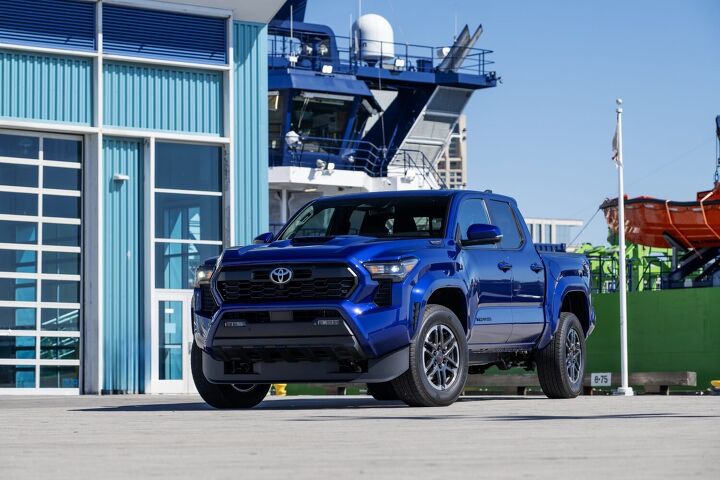
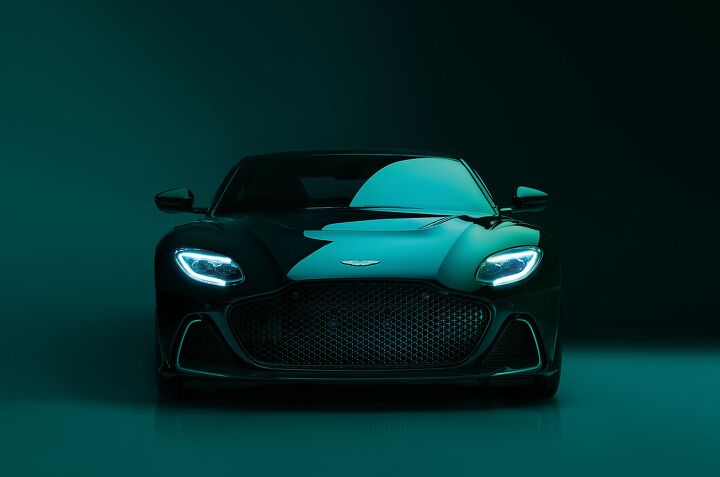

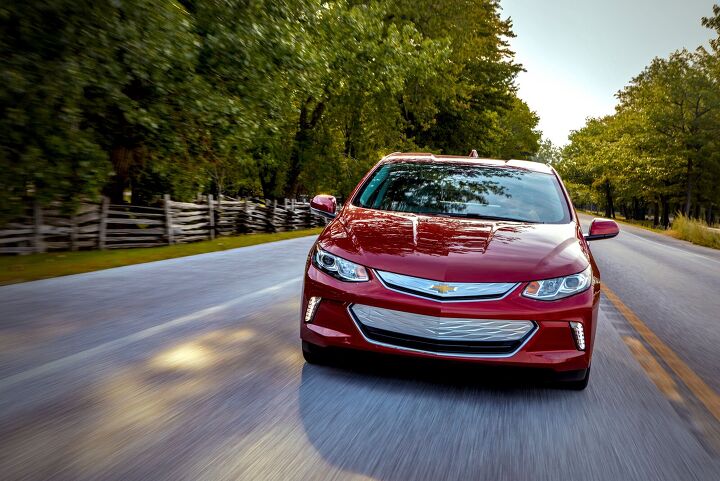
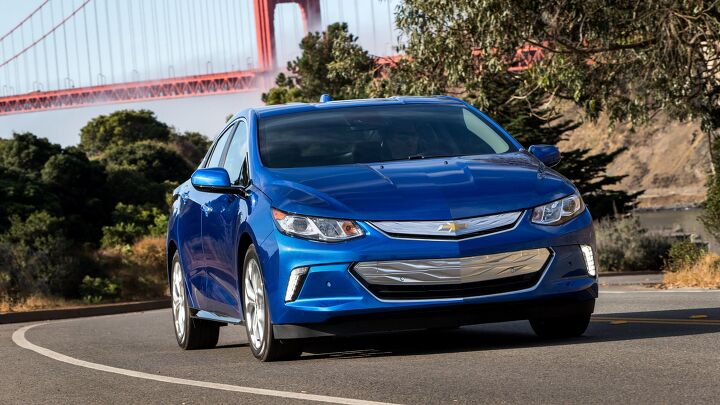
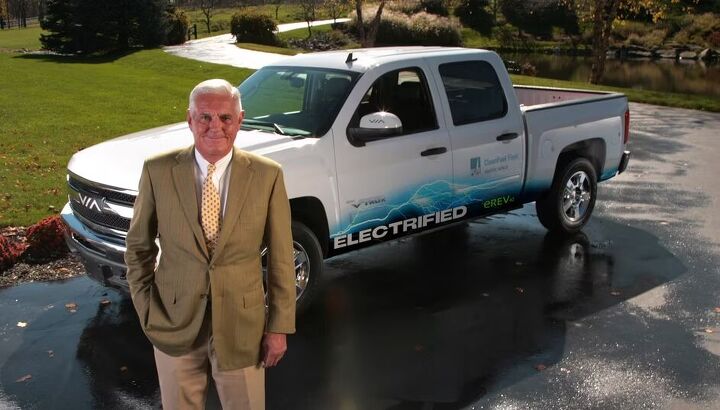
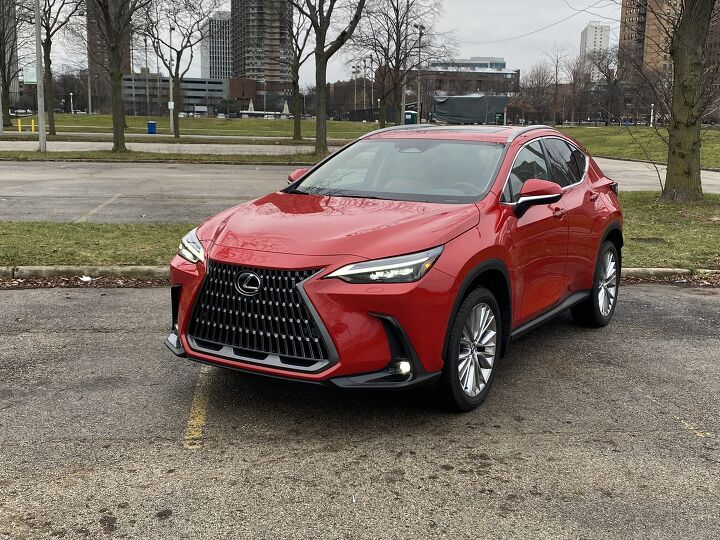
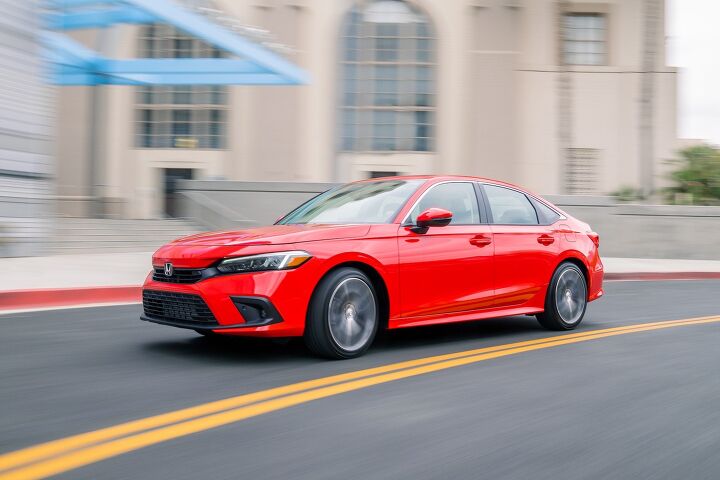
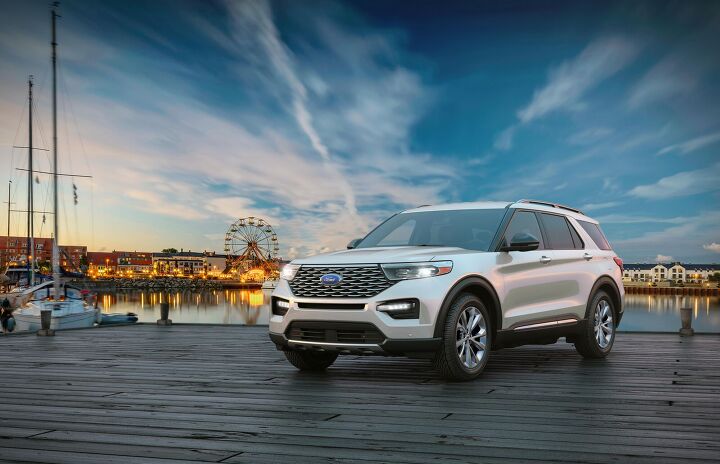
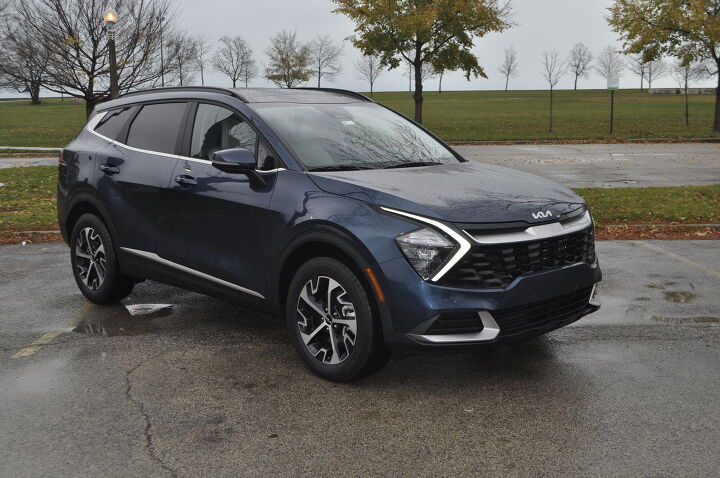

















Recent Comments